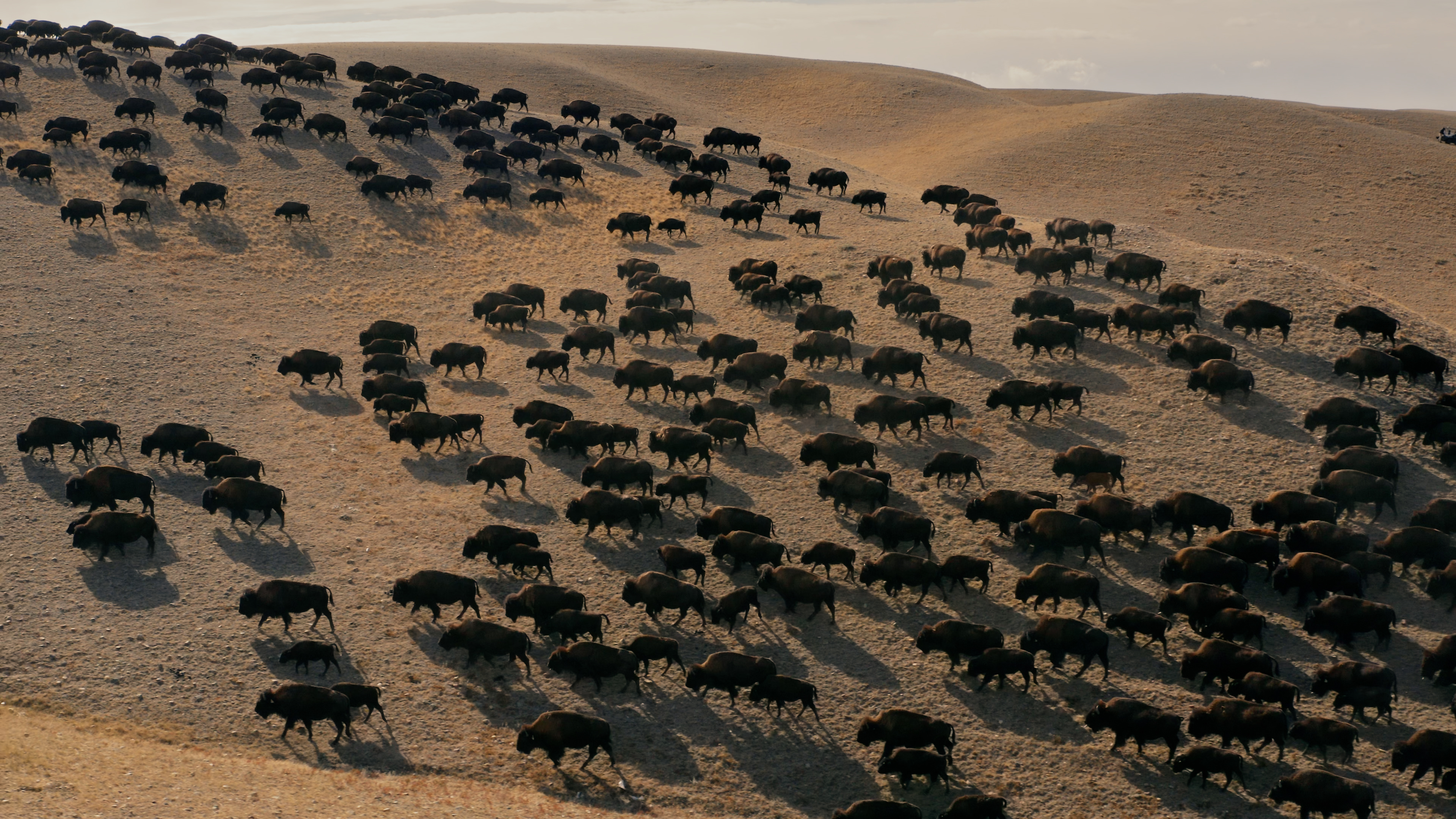
by radiocafe | Nov 12, 2025 | Arts & films, Down to Earth, Environment, Food & agriculture, Native & indigenous
We talk to the makers of Bring them Home, a documentary about the return of bison to the Blackfeet Nation in Montana—and their potential for healing of both land and people. The film is narrated by Oscar-nominated Blackfeet actress Lily Gladstone.
Learn more …
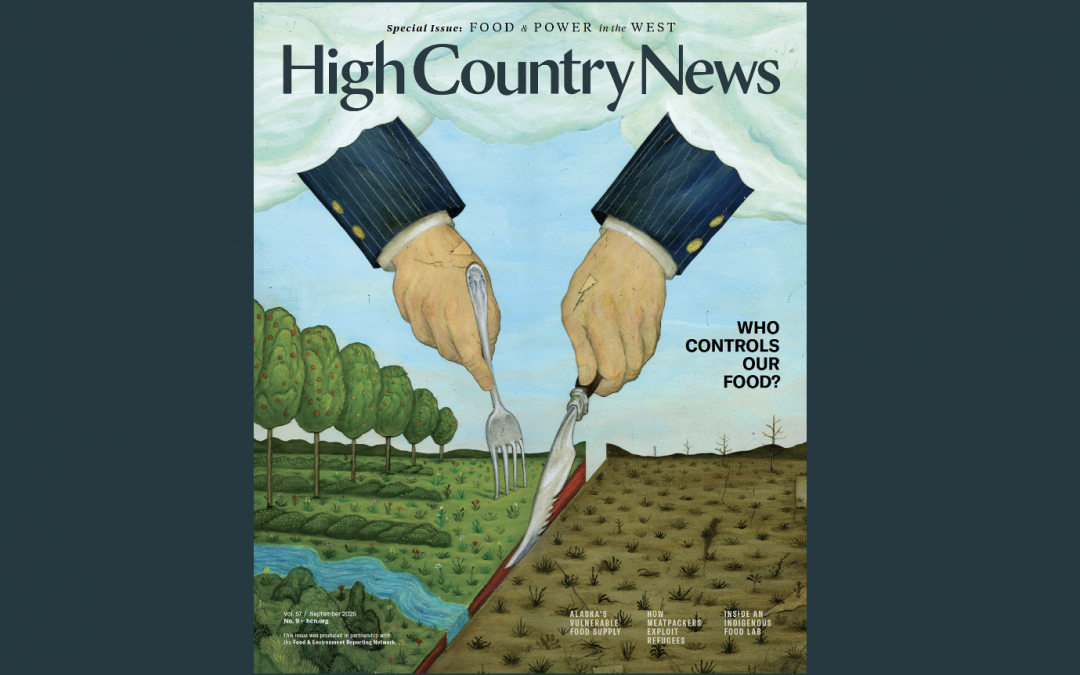
by radiocafe | Oct 20, 2025 | Down to Earth, Environment, Food & agriculture, Native & indigenous
Conversations with writers from High Country News and the Food & Environment Reporting Network about HCN’s latest issue, including the value of forest conservation for climate mitigation and Alaskan indigenous food ways.
Learn more …

by radiocafe | Aug 11, 2025 | Down to Earth, Food & agriculture, Native & indigenous, New Mexico
Zach Ben founded Bidii Baby Foods not only to provide nutritious first foods, but also to help heal generational trauma and invest for the health and abundance over the coming decades and even centuries.
Learn more …
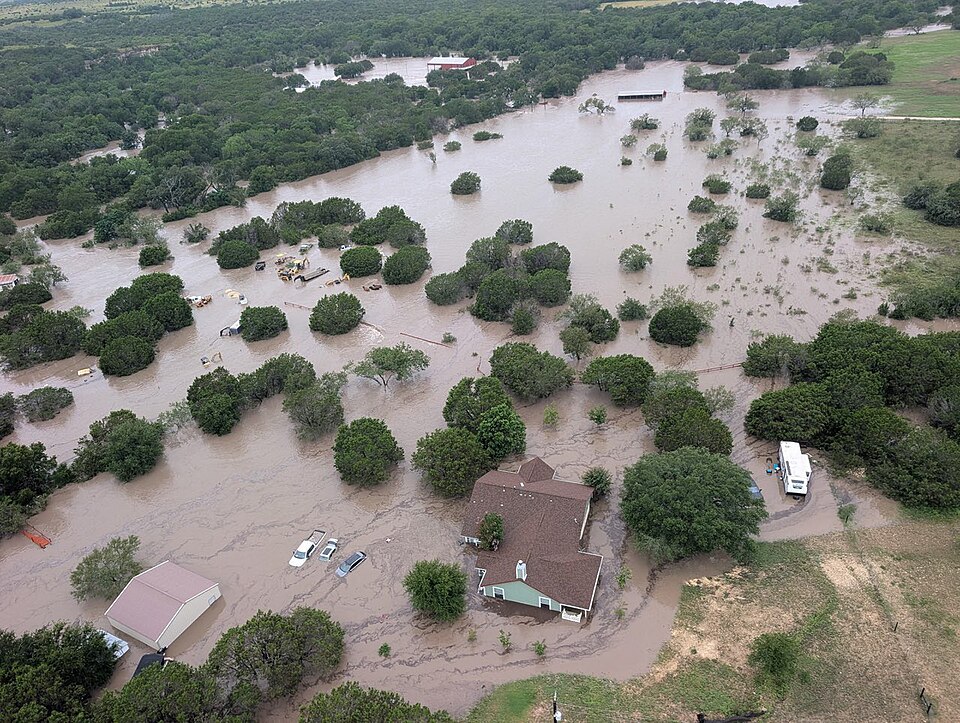
by radiocafe | Jul 14, 2025 | Down to Earth, Environment, Food & agriculture, Native & indigenous, New Mexico
The tragic loss of life we saw in the Texas floods can be prevented, according to water expert Bryan Hummel, through restoration of our land––helping people, planet, and profits.
Learn more …
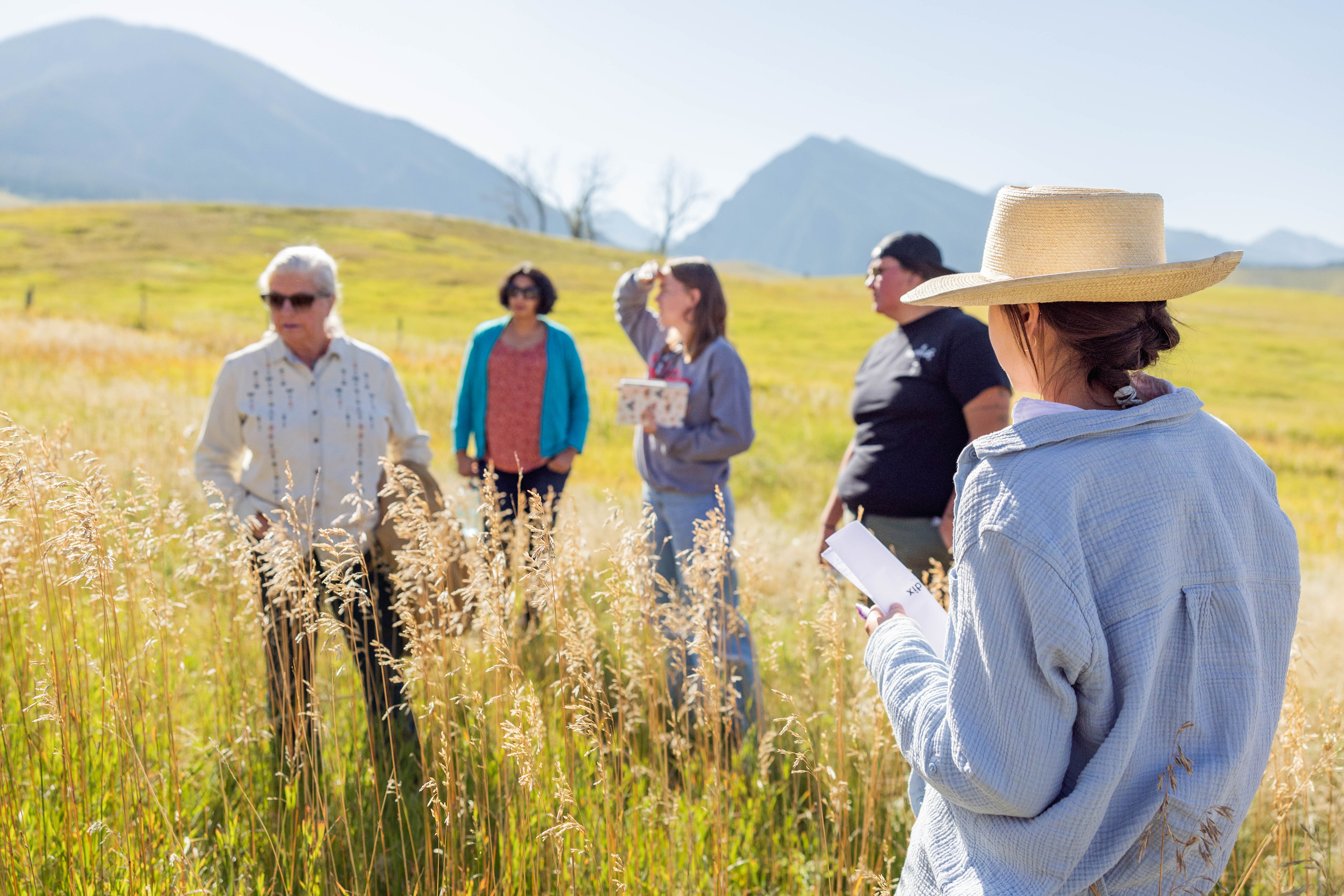
by radiocafe | Jun 2, 2025 | Down to Earth, Food & agriculture, Native & indigenous, Race/class/gender
Montana ranchers Amber Smith and Kristen Kipp talk about dealing with discrimination against women and Native people––and finding more powerful and shared ways of working and leading.
Learn more …

by radiocafe | Sep 17, 2024 | Activism, Books, Down to Earth, Environment, Food & agriculture, Native & indigenous, Science & health
André Leu knows what it takes to pull massive amounts of carbon out of the atmosphere and put it into the soil–permanently. We talk about his new book, The Regenerative Agriculture Solution.
Learn more …

by radiocafe | Sep 3, 2024 | Down to Earth, Environment, Food & agriculture, Native & indigenous, Politics
Environmental historian Sara Dant’s book Losing Eden looks at the American West from the time of wooly mammoths to the near destruction of entire ecosystems—and the movement to bring nature and industry into balance.
Learn more …

by radiocafe | Jun 12, 2024 | Down to Earth, Environment, Food & agriculture, Native & indigenous, New Mexico
Phoebe Suina draws on advanced studies in engineering and management and deeply held cultural values and knowledge of the land to lead a native- and woman-owned environmental restoration company.
Learn more …
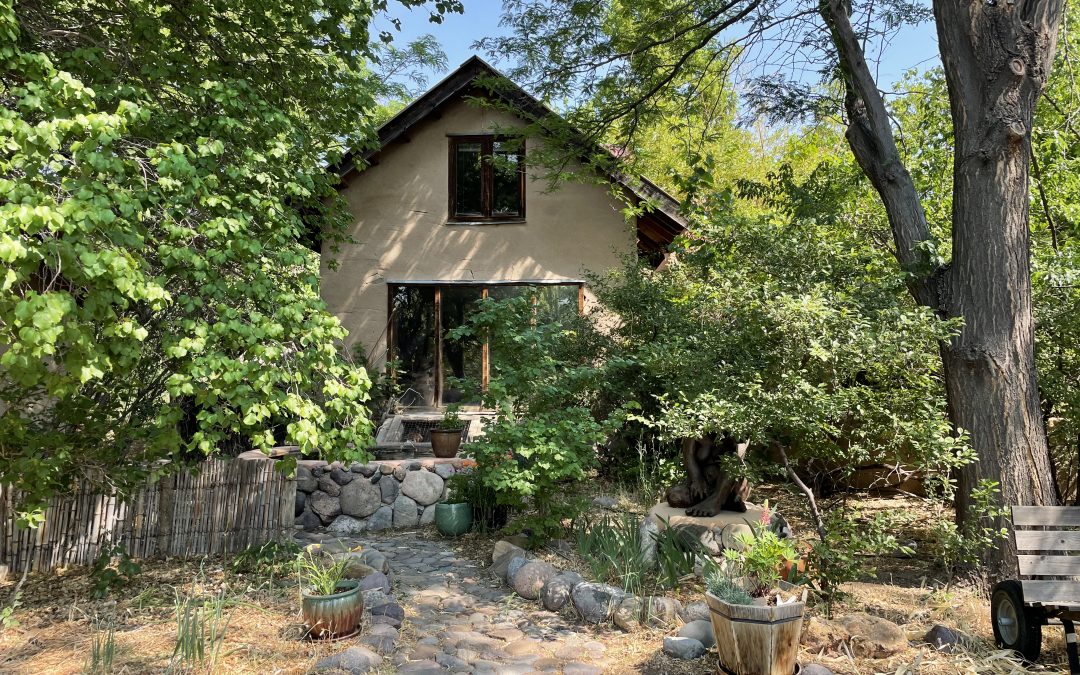
by radiocafe | Aug 8, 2023 | Down to Earth, Education, Environment, Food & agriculture, Native & indigenous, New Mexico
Roxanne Swentzell turned a small piece of bare, dry earth into a garden/forest that produced enough food and wood to maintain a family of four. She founded the Flowering Tree Permaculture Institute, which teaches how to understand and live on the land and allow it to flourish.
Learn more …
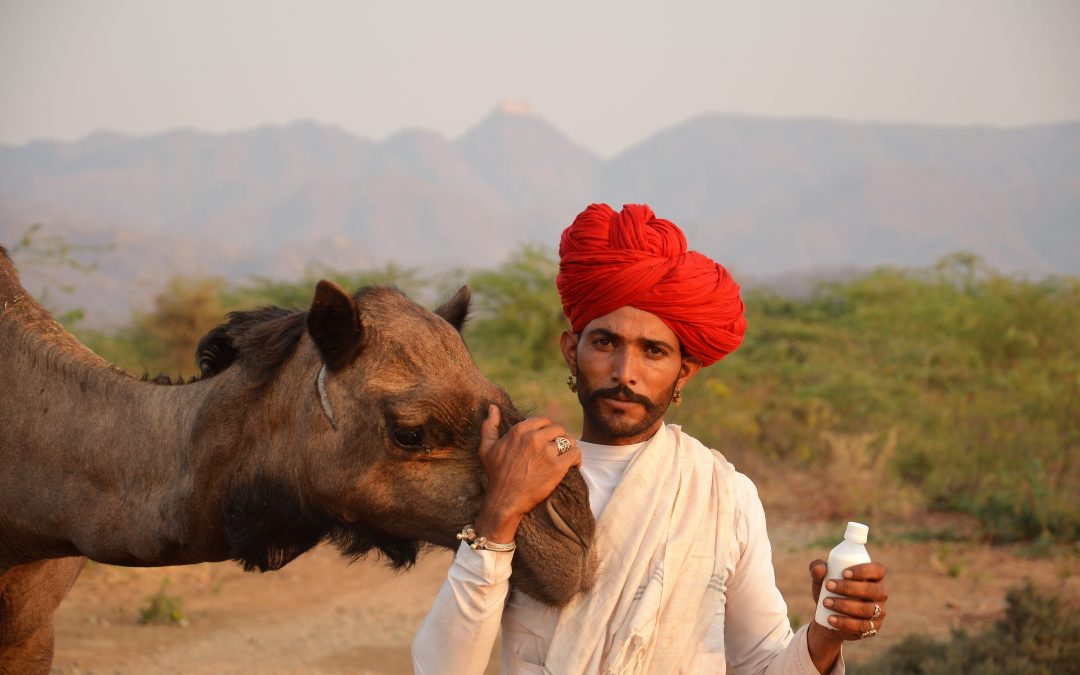
by radiocafe | Apr 25, 2023 | Books, Down to Earth, Environment, Food & agriculture, Native & indigenous
Traditional pastoral cultures have been living in harmony with animals and land for millennia––and they persist to this day, though with serious challenges. Ilse Köhler-Rollefson‘s new book shines a light on what they can teach us.
Learn more …










